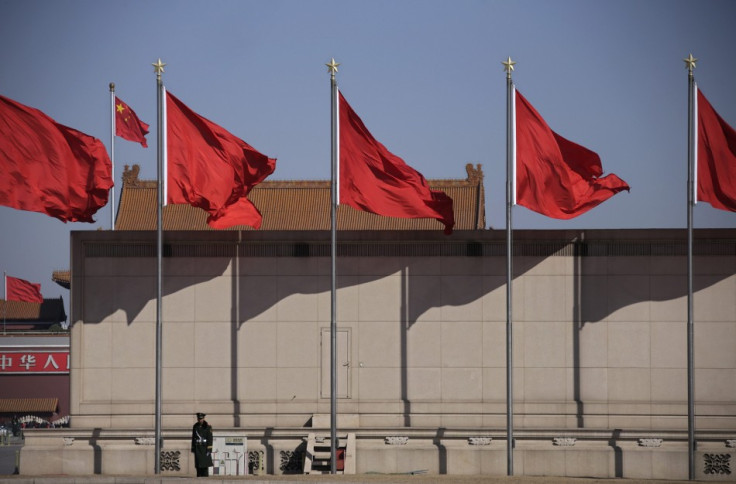China Splits Rail Ministry and Overhauls Key Government Agencies to Curb Corruption
China brings in major structural changes to contain corruption

China has decided to implement major overhaul of various government bodies, including those in charge of railway and energy, in a bid to lessen the role of bureaucracy and avert corruption issues.
According to a report signed by Premier Wen Jiabao presented at the National People's Congress, the rail ministry, which has amazed the world with its rapid expansion rate, will be split into two. The administrative and regulatory powers will be given to transport ministry, while operations will be handled by a new company China Railway Corp.
The regulatory body for food and drug control will be vested with more powers to increase safety standards. National Energy Administration, which is currently a part of the National Development and Reform Commission, will administer power market regulation. The State Oceanic Administration will be in charge of coast guard, the fisheries and related sectors.
The structural changes, which are considered to be the biggest in about 14 years, are part of a broader shift which saw the dismantling of various other government bodies, bringing the total number of ministries to 25. The move is aimed at controlling government intervention and increase accountability, as pressure mounts on the authorities to contain corruption.
Analysts have pointed out that China's incoming leaders who are expected to take office this week are set to face stiff pressure on sustaining economic growth and maintaining a corruption-free image for the administration.
"Every 10 years a new generation of leaders come to power and at least in the beginning want to show everyone they want to make a change," Ding Xueliang, a professor at Hong Kong University of Science and Technology who teaches Chinese politics told Bloomberg.
"There is more hope now because there's increasing domestic pressure and greater international challenges, and the sense of crisis among the new leaders is more striking than before."
The railway ministry, with liabilities worth 2.66tn yuan ($428bn/ £286bn), is the largest corporate-notes issuer in the country. Rail Minister Sheng Guangzu has said that the changes will help the sector become more competitive and that it will not stop funding.
The State Councilor Ma Kai, who read the report, has also said that "The state will continue to support railway construction and development, will accelerate railway investment and reform of the fundraising system and pricing".
Analysts suggest that China's major rail construction companies such as China Railway Group Ltd and China Railway Construction Corp could benefit from the reduced state intervention. The changes could also lead to a fairer, market driver pricing system, which could prove beneficial to rail operators.
© Copyright IBTimes 2025. All rights reserved.





















